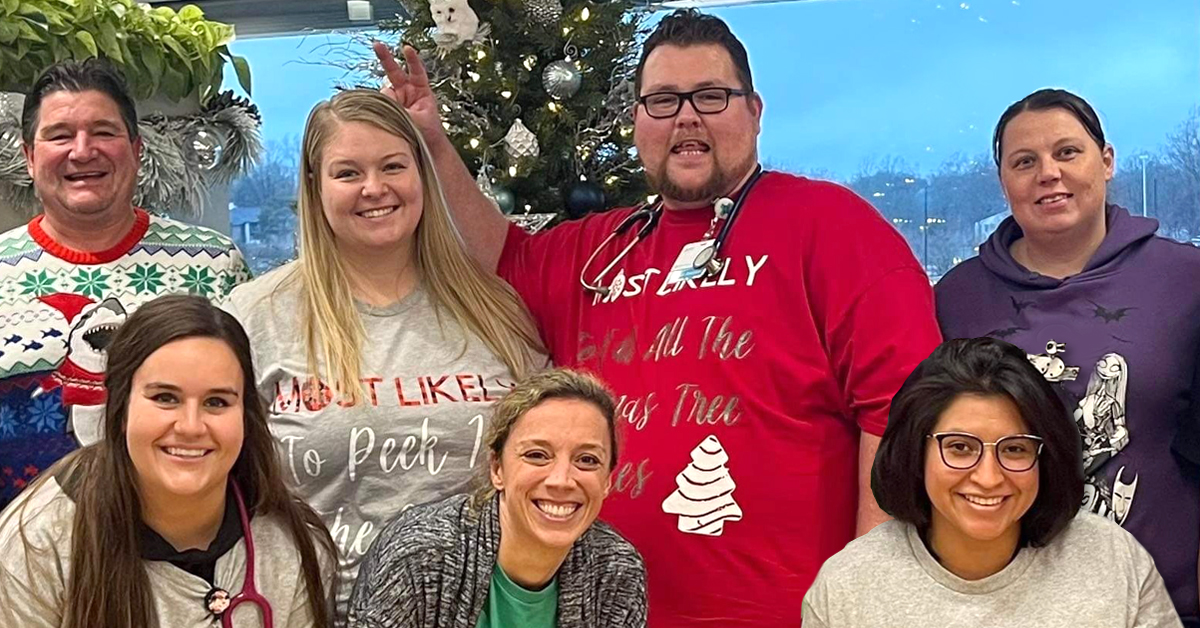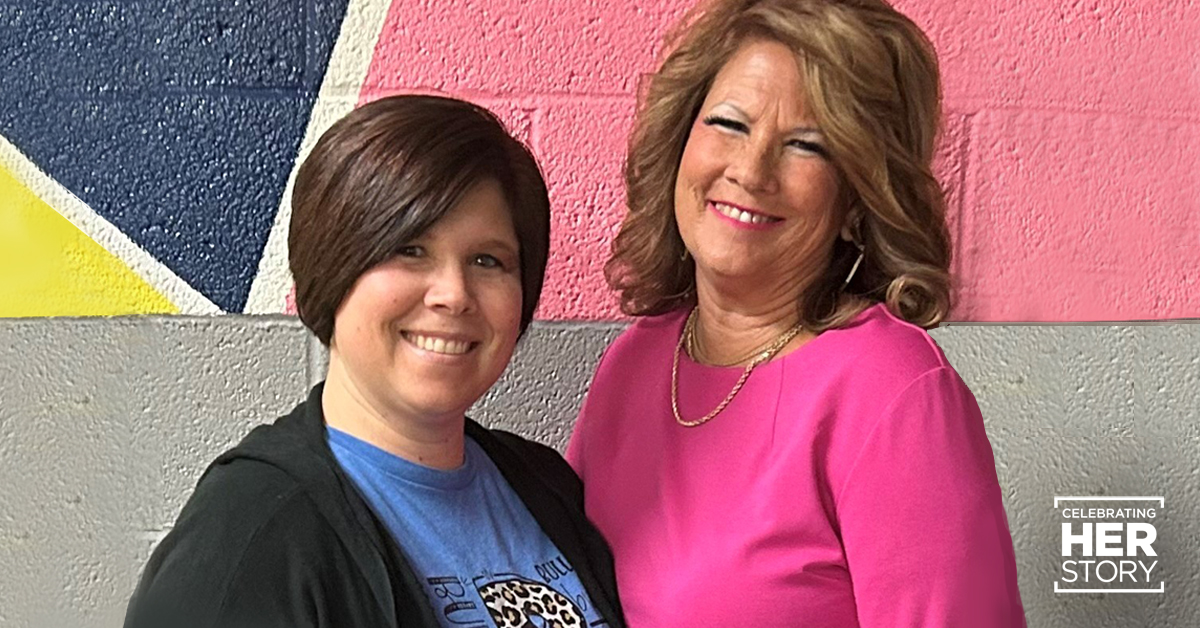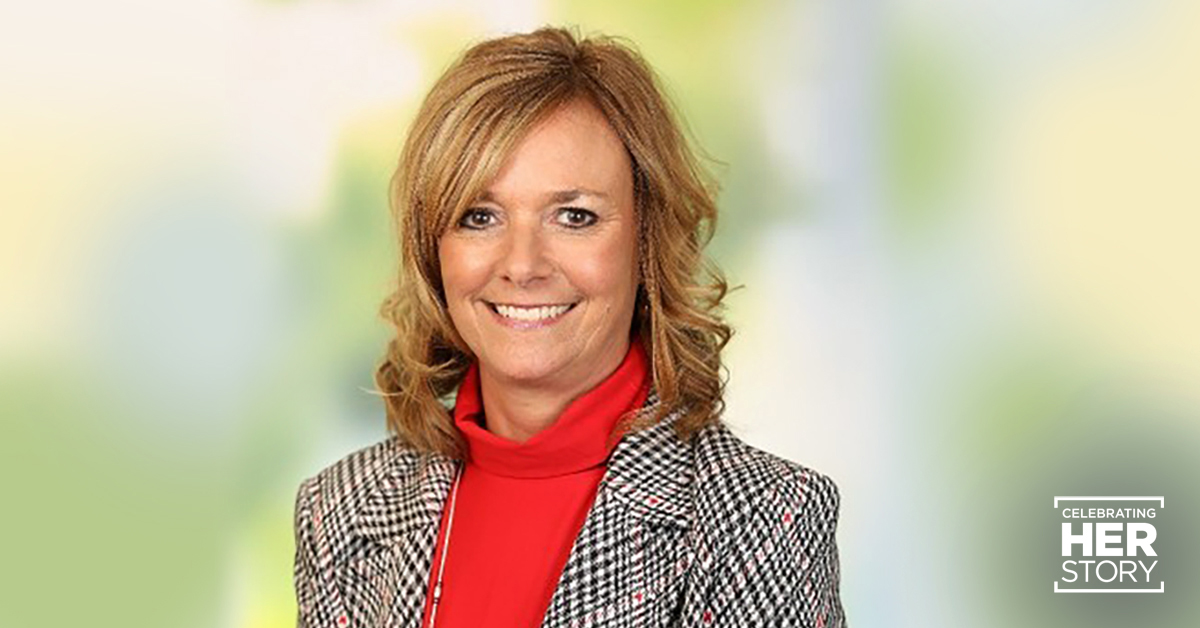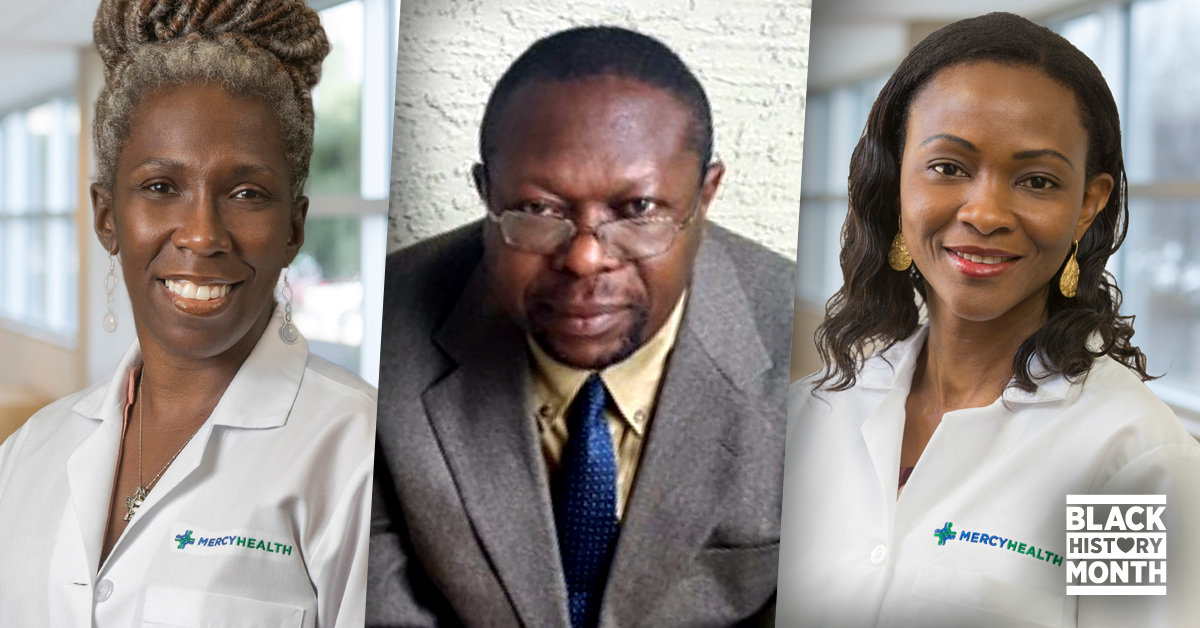When Kristen Groenke’s son, Cameron, was born four weeks early, there were some challenges when it came to feeding him.
“Cameron spent two weeks in the neonatal intensive care unit because he required some oxygen,” Kristen recalls. “At the same time, I was recovering from a C-section and my body wasn’t yet producing what he needed. The first few days, we used some of the donor milk available from the hospital. It was relieving to have that option.”
Cameron was born at Mercy Health – West Hospital, which is home to a donor breast milk program. Any infant with a medical need for supplementation is eligible to receive donor human milk as a replacement to formula.
“Mother’s milk contains a unique and powerful combination of nutrients important for infant health,” Amanda Larimore, an international board-certified lactation consultant at West Hospital, explains. “It supports growth and development and boosts the baby’s ability to fight infection. It is easy to digest and can promote overall health of the baby’s digestive system. Pasteurized or heat-treated, donated breast milk comes from a certified milk bank and is specially processed so it is safe and can be given to any baby.”
Kristen pumped to get her milk supply up. Then, once he was released from the NICU, Cameron soon got up to speed with breastfeeding.
“Once my milk came in, I started overproducing for him,” Kristen says. “I walked past the donor breast milk brochure that was at the front desk and thought, ‘Hey, I could be a milk donor. Why not pay it forward?’ I’m blessed to have too much. Somebody did it for us, so why not do it for others?”
Kristen found the process of becoming a breastmilk donor to be an easy one.
“I let the hospital know I was interested in doing this,” she shares. “By the way, it’s awesome how passionate Amanda from lactation and the doctors at West Hospital are about the program. They are so supportive. They made it clear that we had to be sure Cameron was healthy and growing before I donated anything. Once we confirmed that, I filled out some paperwork and did a phone interview to make sure I was a good candidate.”
The milk bank sent Kristen everything she needed to get started, including a lab kit and order for blood work that confirmed she was healthy. She also received milk storage bags.
“Once we got the results from my blood work, they said I was ready to donate. When I reach a certain amount, I take the milk to the drop off location. From there, it’s pasteurized and ready for the milk bank to get it to people who need it,” Kristen explains. “It’s a super easy process and you can even wait until the end of your breastfeeding journey to donate if you have leftover milk. They will accept milk that’s been frozen up to seven months. There are plenty of options to donate.”
Learn more about the lactation services and breastfeeding education we provide at Mercy Health.






